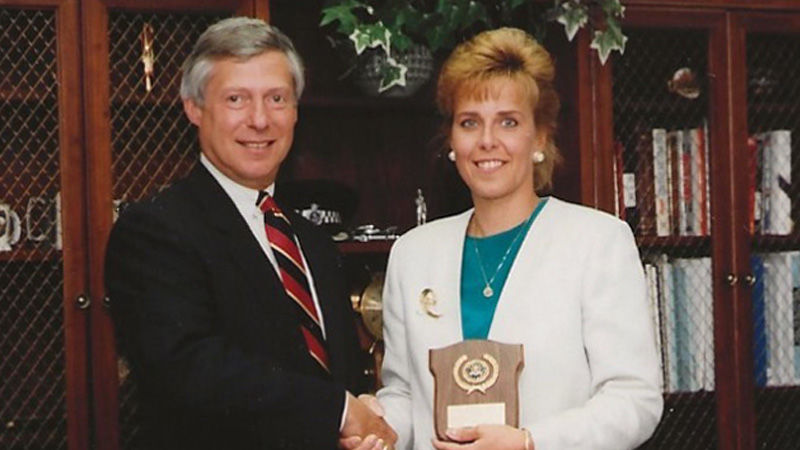Former federal agent to guide Lehigh Valley’s new Criminal Justice program
After serving as a full-time lecturer at Penn State Berks for the past six years, Debra Dreisbach was recently hired to be the program coordinator for Penn State Lehigh Valley's new Criminal Justice program, which will begin this fall. Prior to her career in academia, Dreisbach spent 25 years in federal law enforcement, mostly as a special agent with the Office of Inspector General.


